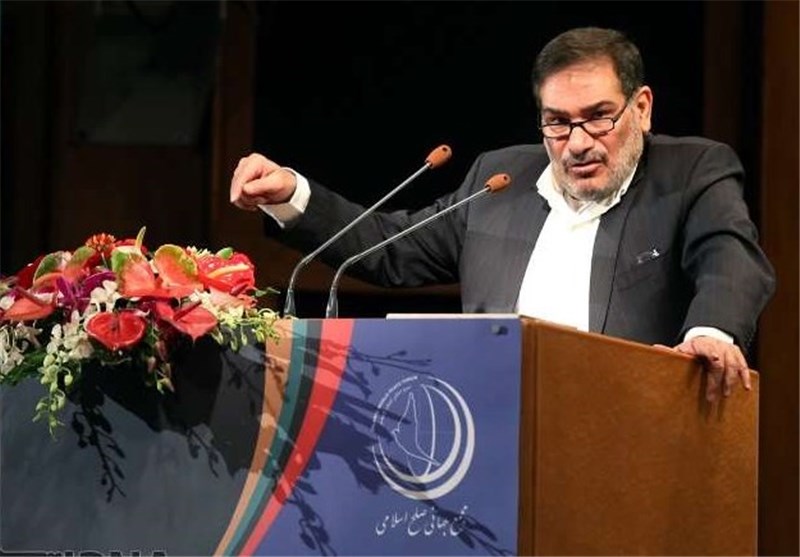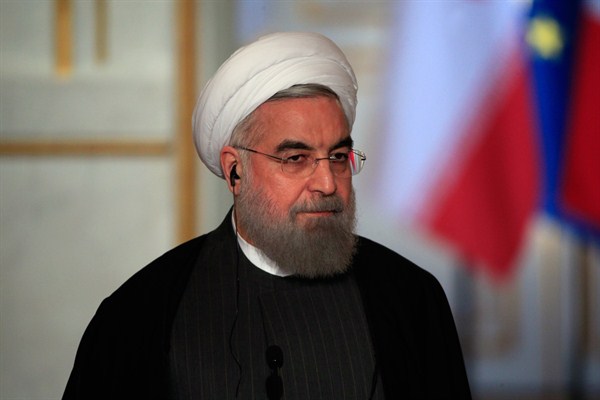February 19, 2016

A senior Iranian official charged last week that the US Republican Party asked the Islamic Republic not to release the Americans it had long been holding prisoner until the US elections in November.
The damning allegation came from Ali Shamkhani, the one-time commander of the Pasdar maritime arm who became the secretary of the Supreme National Security Council two years ago.
Shamkhani gave no evidence to back up his claim. He did not name any Republicans or say whom they contacted in Iran, when or how. There were no specifics at all.
Perhaps most significantly, Democrats in the United States have ignored Shamkhani’s allegation. They have not urged an investigation, as one might expect. They have not even demanded specifics from Shamkhani. They have effectively treated Sham-khani’s allegations—not to mention Shamkhani himself—as unworthy of their time.
For a regime that demands that Americans show it respect, this was the ultimate sign of disrespect. When someone hands a political party an axe with which to hit its opponents and that party refuses even to touch the axe, it is saying the accuser has no credibility whatsoever.
Shamkhani leveled his accusation last Thursday in a speech to a mass rally in Yazd marking the 37th anniversary of the revolution. The charge was reported by both the Tasnim and Fars news agencies.
Shamkhani said, “In the course of the talks for exchanging prisoners, the Republican rivals of the current US Administration, who claim to be humanitarians and advocates of human rights, sent a message telling us not to release these people and continue the process [of talks] until the eve of the US presidential elections.”
Shamkhani said, “We showed that we will never be affected by domestic or foreign pressures. The decision to release the American prisoners was made on humanitarian grounds and after being approached by their families. Ultimately, the decision was made based on our national security interests as well as the fact that our own people were being held in US prisons.”
The allegation recalled another one that surfaced in the United States after the 1981 release of the 52 embassy hostages being held in Tehran during the 1980 election campaign between President Jimmy Carter and Ronald Reagan. Allegations surfaced that Republicans working for Reagan had approached Iran and asked that the hostage issue not be resolved until after the election. An investigation—run by Democrats—found no support for the allegation and dismissed it.
























